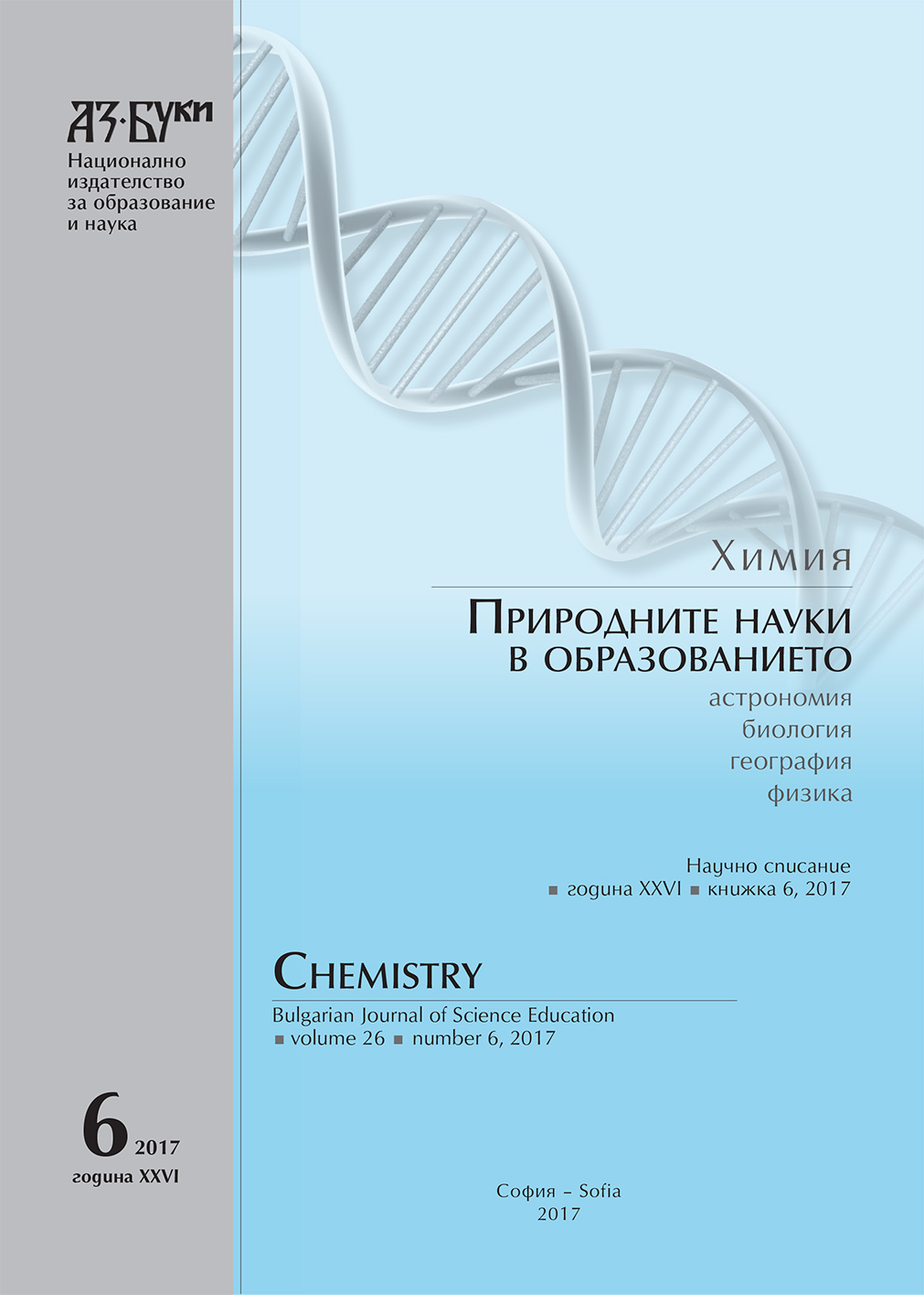Empowering Students’ Chemistry Learning: the Integration of Ethnochemistry in Culturally Responsive Teaching
Empowering Students’ Chemistry Learning: the Integration of Ethnochemistry in Culturally Responsive Teaching
Author(s): Yuli Rahmawati, Achmad RidwanSubject(s): Social Sciences, Education, Sociology, School education, Vocational Education, Higher Education , Educational Psychology, State/Government and Education, Social development, Family and social welfare, Sociology of the arts, business, education, Globalization
Published by: Национално издателство за образование и наука „Аз-буки“
Keywords: culturally responsive teaching; ethnochemistry; chemistry learning; character development; culture identity
Summary/Abstract: The overall aim of this two-year longitudinal study is to empowerchemistry students in secondary schools through the integration of ethnochemistryas a Culturally Responsive Teaching (CRT) approach. The CRT approach in thisstudy refers to the position promoted by Gay (2000) and the following five basicprinciples of CRT by Hernandez, Morales, and Shroyer (2013): content integration,facilitating knowledge construction, prejudice reduction, social justice, and academicdevelopment. The integration of ethnochemistry is applied to the basic principle ofcontent integration to engage students with their Indonesia indigenous knowledge.Indonesia has around 300 ethnic groups with differences in values, beliefs, andpractices which are explored in a limited way in the context of chemistry education.This research was conducted in four secondary schools using qualitative methodologywith multiple methods of observation, interviews, and reflective journals. The resultsshowed that the model of ethnochemistry integration in CRT approach was developedin this study and involved five main steps of self-identification, cultural understanding,collaboration, critical reflective thinking, and transformative construction can beimplemented in Indonesia chemistry classrooms. The students were empowered toexplore their cultural identity and develop their cultural awareness of appreciatingdifferences. The learning model provides opportunities for students to develop theirabilities in collaboration skills, empathy communication, and higher order thinkingskills alongside their engagement in chemistry learning. Students found that thelearning experiences have empowered them to engage in critical self-awarenessof their cultural identity, and character development within meaningful learningexperiences which are relevant to current Indonesia curriculum reform.
Journal: Химия. Природните науки в образованието
- Issue Year: 26/2017
- Issue No: 6
- Page Range: 813-830
- Page Count: 18
- Language: English

